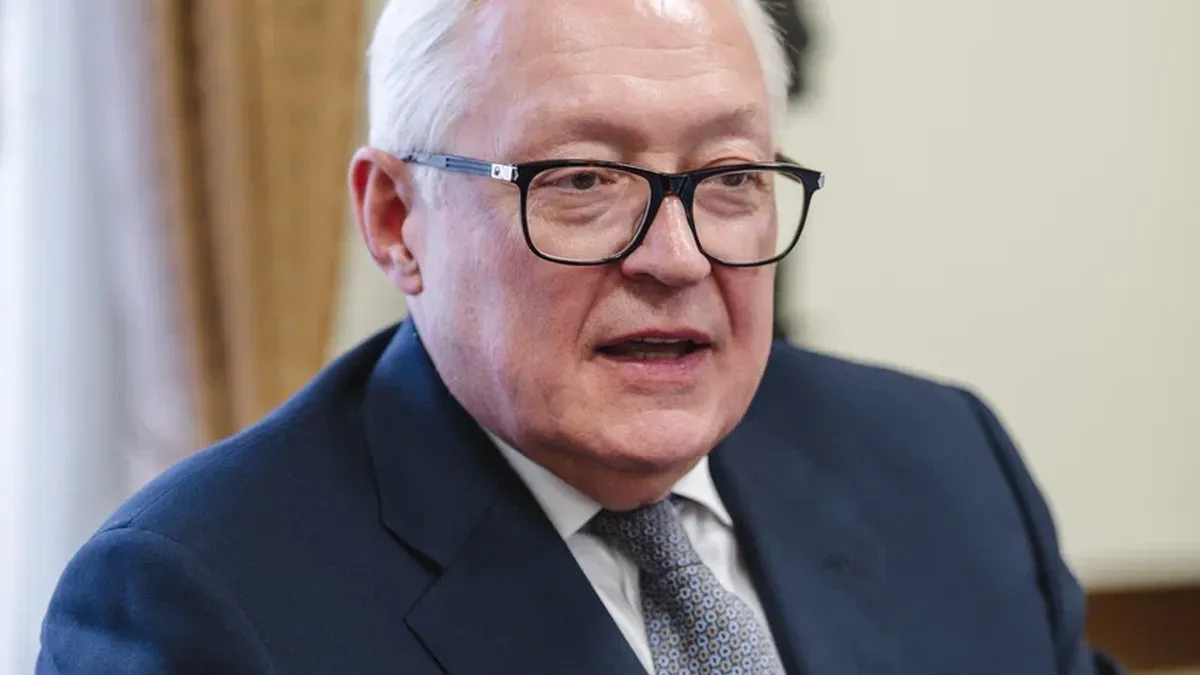Austrian MEPs who voted against the draft also reacted dissatisfied. “There are no corners and ends,” said the ÖVP traffic spokeswoman, Barbara Thaler from Tyrol. “We have to go back to the negotiating table for a better compromise in terms of environmental goals, true costs and shifting traffic to rail,” she demanded. SPÖ-EU delegation leader Andreas Schieder also criticized the result of the negotiations on the Eurovignette, which the transport committee accepted with 28 to 21 votes: “The effects of the ever-increasing truck traffic mean more noise, more traffic jams and bad air for the affected population every day.”
Special vignettes can remain
According to the result of the vote, “vignettes” on the EU’s core network (TEN-T) are to be phased out from 2029 for truck and bus transport and replaced by kilometer-based charges. However, Member States can keep vignettes on specific sections if they can demonstrate that a new mode would be disproportionate to the expected revenue. Three years after the new rules came into force, states would also have to report on the use of the revenue.
Changer: Tyrol needs relief
“Despite minor improvements, the basic problem is not solved. The people in Tyrol need effective relief from noise, bad air and traffic jams,” said Gewessler, according to a broadcast on Tuesday. “The load limit has been reached. Austria cannot endure such a large north-south transit in the EU without being able to quickly implement further effective measures to shift to rail.” It is urgently necessary for Parliament to warn the EU Commission and the Council of improvements in the event of an actual decision in the autumn. Gewessler stood behind the emergency measures taken by the Tyrolean state government. “Because the EU must also take into account the very special situation on the Brenner.”
The Tyrolean governor was also dissatisfied
Tyrol’s governor Günther Platter (ÖVP) was once again severely dissatisfied with the proposal for the Eurovignette. This does not bring “any relief, but intensifies the Tyrolean transit problem”, said Platter in response to an APA request: “This draft clearly contradicts the climate goals of the Commission President and torpedoes our efforts to transport goods by rail”. The MEPs would thereby act on the problems of the people. The governor hoped that the last word had not yet been spoken. “We will vehemently demand truthful costs on the road and self-determination in the design of toll tariffs and, as a final consequence, continue our dosing,” announced Platter. He also expected the “support of the federal government in terms of the transit chapter in the government agreement”.
Platter’s deputy, Ingrid Felipe (Greens), said the voting result was a “disappointment”. But it is “not binding and also not final”. “We will not let up until the final decision in September and will try to change majorities at all political and diplomatic levels,” said Felipe.
“The negotiations were on the right track, but unfortunately we simply needed more time,” said MEP Thaler. What is now available is “half-baked, not expedient and simply not good. That is not my understanding of a modern European transport policy,” she says, disappointed.
Germans can prevent higher Brenner tolls
According to Schieder, the present agreement does not do justice to the claim that ‘whoever pollutes, pays’. “Above all, the fact that neighboring states are given a veto right is an intolerable situation. If Germany and Italy, for example, can prevent a higher Brenner toll, the reform makes no sense from the point of view of the transit-afflicted Tyrolean population,” criticized the SPÖ MEP. If the reform leads to more low-emission and zero-emission vehicles being used in road freight transport in the future, that is to be welcomed, but that alone will not be enough. “There are not enough incentives to shift traffic more and more onto the rails,” said Schieder.
It was also sharply criticized by Transitforum Austria-Tirol chairman Fritz Gurgiser. It is about a “sloppy compromise” that has been sluggish for 26 years and that can no longer be improved. There could be no “pointless, further negotiation”, said Gurgiser and called for an Austrian veto.




